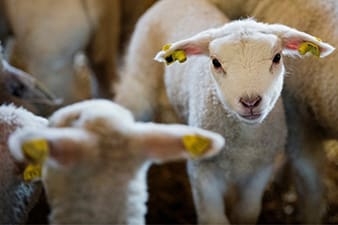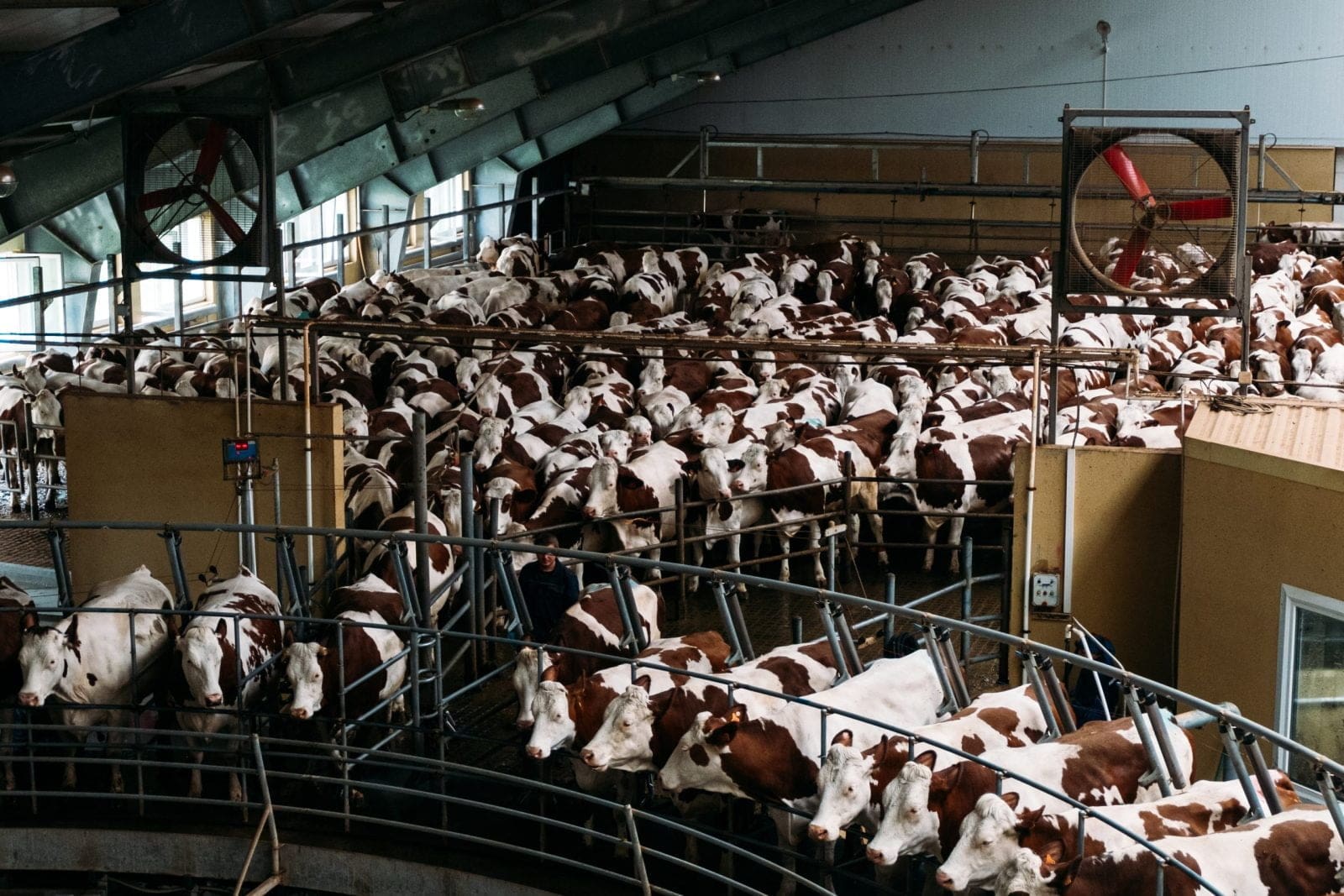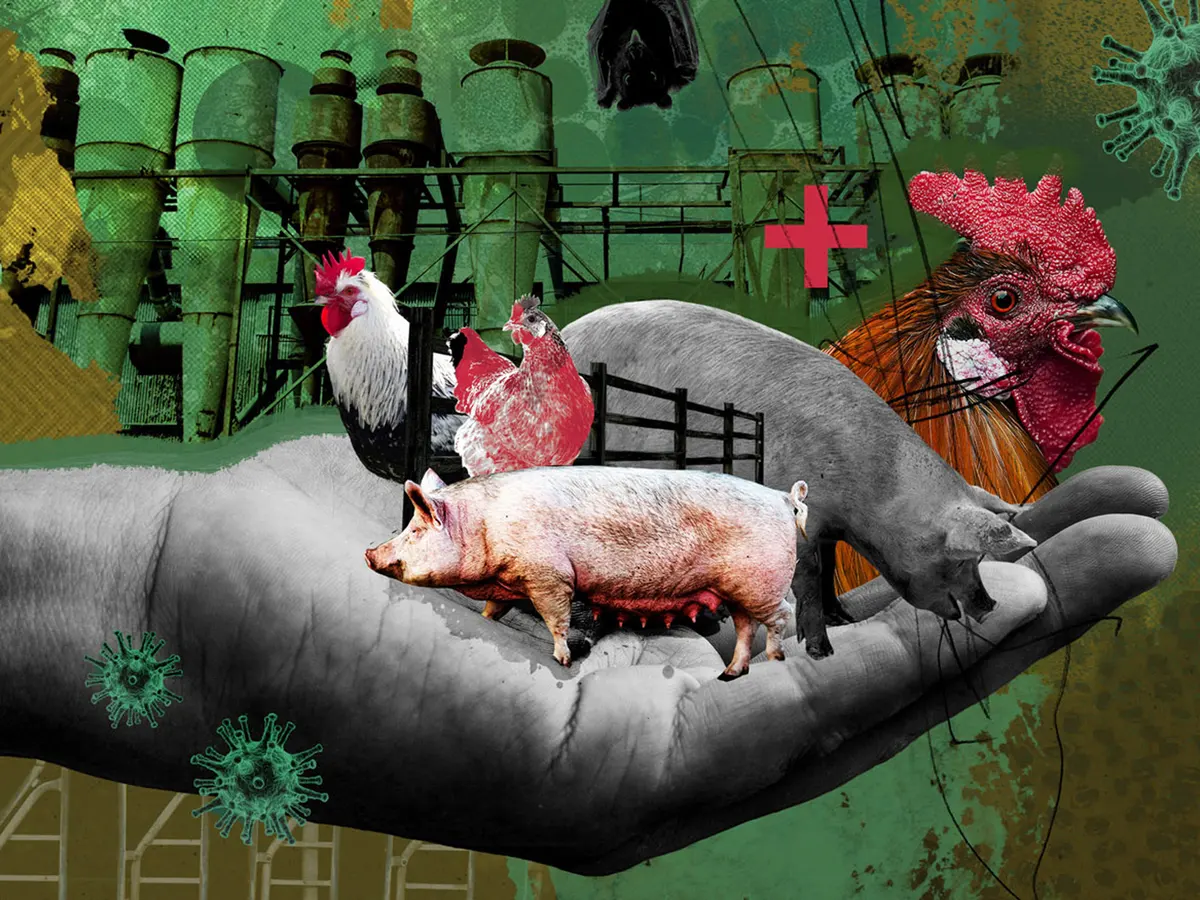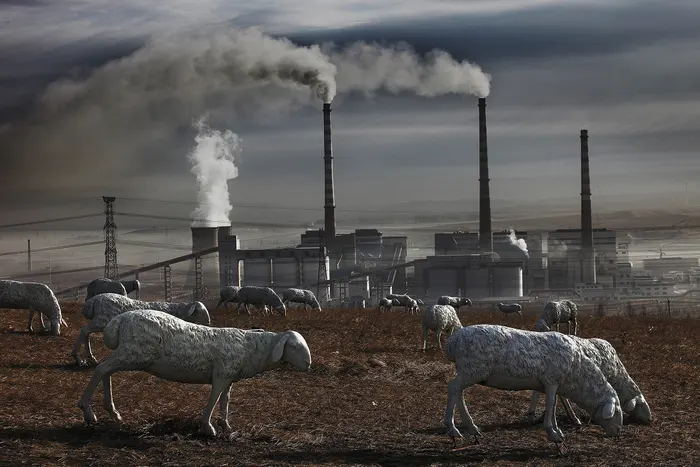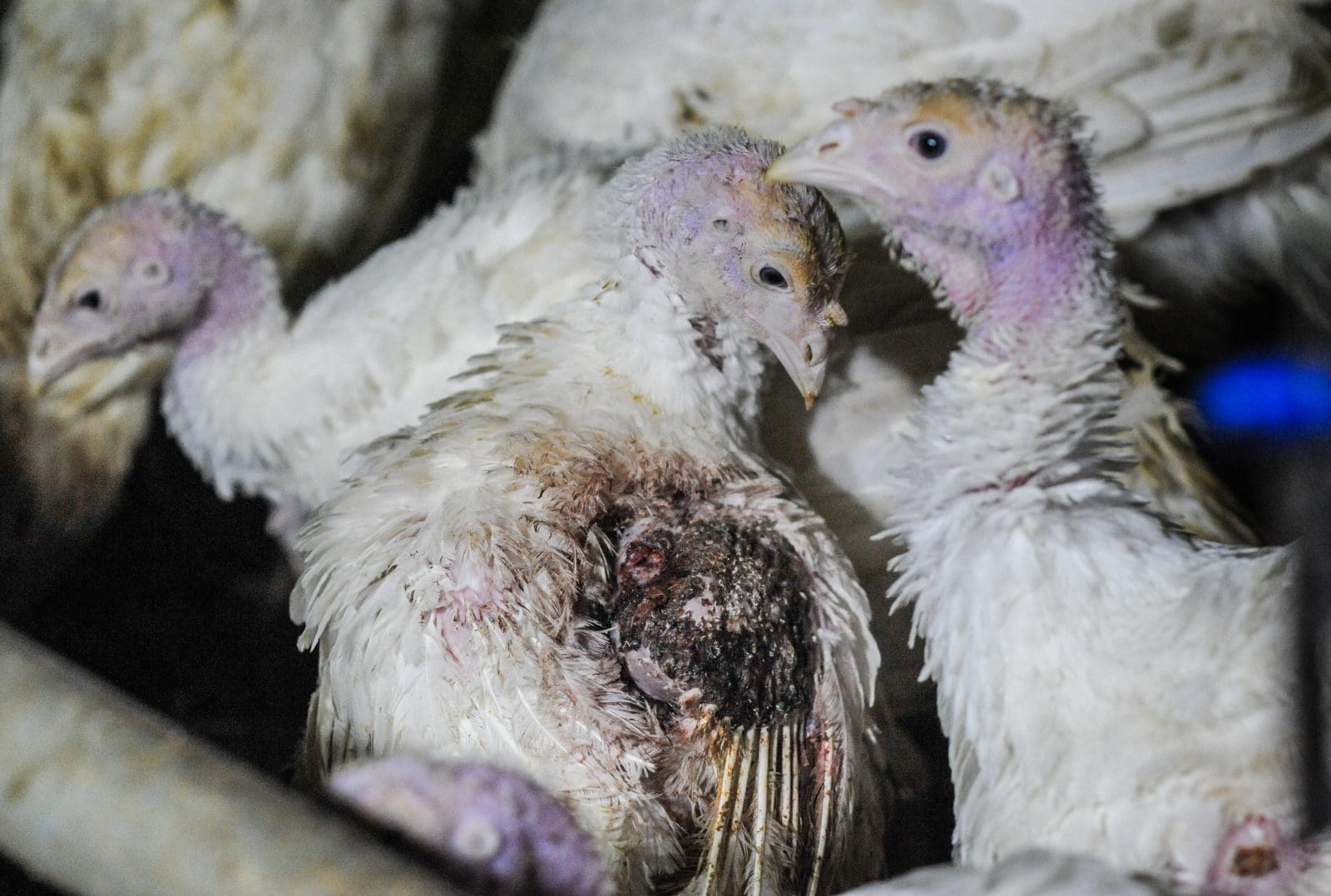In this section, discover how industrial animal agriculture fuels environmental destruction on a massive scale. From polluted waterways to collapsing ecosystems, this category reveals everything you need to know about how factory farming endangers the planet we all share. Explore the far-reaching consequences of resource waste, deforestation, air and water pollution, biodiversity loss, and the impact of animal-based diets on the climate crisis.
Behind every intensive farm lies a chain of environmental harm: forests cleared for animal feed, habitats destroyed for grazing land, and enormous quantities of water and grain diverted to livestock instead of people. The methane emissions from ruminants, the runoff of chemical-laced manure, and the energy demands of refrigeration and transport all converge to make animal farming one of the most ecologically damaging industries on Earth. It exploits land, drains water supplies, and poisons ecosystems—while hiding behind an illusion of efficiency.
By examining these realities, we’re forced to question not just how animals are treated, but how our food choices shape the planet’s future. Environmental damage is not a distant side effect—it’s a direct consequence of a system built on mass exploitation. Understanding the scale of destruction is the first step toward change, and this category sheds light on the urgent need to move toward more sustainable, compassionate alternatives.
Growing awareness of animal welfare issues is transforming food choices worldwide, driving a notable shift towards plant-based diets. As concerns about the ethical treatment of animals in factory farming grow, more consumers are opting for alternatives that align with their values while addressing environmental and health priorities. This article delves into how these concerns shape dietary habits, evaluates the sustainability and feasibility of plant-based eating, and highlights its role in fostering a kinder, more sustainable food system. By examining this connection between ethics, nutrition, and environmental impact, we explore meaningful steps toward a healthier future for people and animals alike

